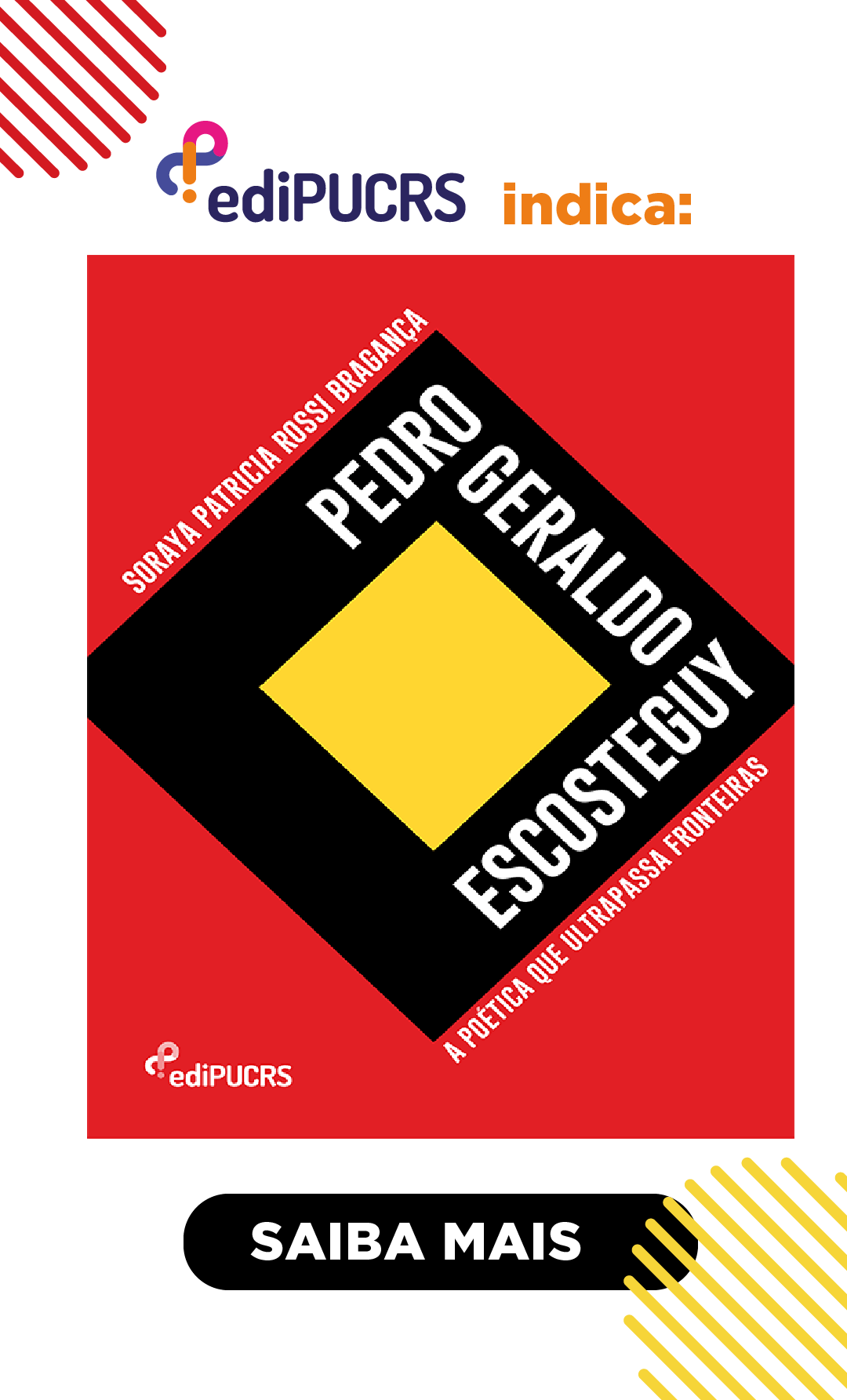The theory of carnivalization and the novel Blindness – or why read Saramago
DOI:
https://doi.org/10.15448/1983-4276.2022.1.43049Keywords:
Carnivalization, Dialogism, Mikhail Bakhtin, Blindness, José SaramagoAbstract
For a reflective reading of the works of José Saramago, especially the novels written from Raised from the Ground to Blindness, the theory of carnivalization (an element of the novelistic genre, according to the studies of Mikhail Bakhtin) constitutes an indispensable instrument. In these novels, the Marxist theory of language, developed by the Russian philosopher, articulates with the ideological purposes of the prose of the celebrated Portuguese writer. This article aims to analyze the carnivalization in Blindness: the story of an unprecedented epidemic outbreak that leads a population to blindness, except for a woman who, not by chance, is the wife of an ophthalmologist. Through the voice of the omniscient narrator, characteristic of José Saramago, and through the perspective of the doctor’s wife, events are narrated that, for a more discerning reader, point to a second voice, to a non-finalizing dialogue, that gives rise to a second interpretation. even more revealing, which is related to the concept of dialogism. With the turn of the 21st century, Bakhtin and the theory of carnivalization seem to have been superseded by postmodern currents; however, Saramago remains a Marxist, which justifies an investigation into carnival aspects in his work.
Downloads
References
AGUILERA, Fernando Gómez. As palavras de Saramago: catálogo de reflexões pessoais, literárias e políticas. São Paulo: Companhia das Letras, 2010.
BAKHTIN, Mikhail. A cultura popular na Idade Média e no Renascimento: o contexto de François Rabelais. 2. ed. Tradução de Yara Frateschi Vieira. São Paulo: Hucitec; Brasília: UNB, 1993.
BAKHTIN, Mikhail. Particularidades do gênero e temático-composicionais das obras de Dostoiévski. In: BAKHTIN, Mikhail. Problemas da poética de Dostoiévski. Tradução de Paulo Bezerra. Rio de Janeiro: Forense Universitária, 1981. p. 87-155.
BAKHTIN, Mikhail. Problems of Dostoevsky’s poetics. Theory and history of literature. Editado e traduzido por Caryl Emerson. 13. ed. Minneapolis: University of Minnesota, 2014. v. 8.
BAKHTIN, Mikhail. Problemas da poética de Dostoiévski. Tradução direta do russo, notas e prefácio de Paulo Bezerra. 5. ed. Rio de Janeiro: Forense Universitária, 2015.
BERRINI, Beatriz. Ler Saramago: o romance. 2. ed. Lisboa: Caminho, 1998.
HOLQUIST, Michael. Dialogism: Bakhtin and his world. 2. ed. Londres: Routledge, 2002.
HOLQUIST, Michael. A fuga do cronotopo. Tradução de Ivan Marcos Ribeiro e Luciana Moura Colucci de Camargo. In: BEMONG, Nele et al. (org.) Bakhtin e o cronotopo: reflexões, aplicações, perspectivas. São Paulo: Parábola Editorial, 2015. p. 34-51.
MACHADO, Irene. O romance e a voz: a prosaica dialógica de M. Bakhtin. Rio de Janeiro: Imago; São Paulo: FAPESP, 1995.
MORSON, Gary Saul; EMERSON, Caryl. Mikhail Bakhtin: criação de uma prosaística. Tradução de Antonio Pádua Danesi. São Paulo: Editora da Universidade de São Paulo, 2008.
OLIVER, Élide Valarani. A sátira rabelaisiana. In: RABELAIS, François. O terceiro livro dos fatos e ditos heroicos do bom Pantagruel. Tradução, introdução, notas e comentários de Élide Valarani Oliver. Cotia, SP: Ateliê Editorial; Campinas, SP: Editora da Unicamp, 2006. p. 21-22.
OLIVEIRA FILHO, Odil José de. Carnaval no convento. São Paulo: Editora da Universidade Estadual Paulista, 1993.
SARAMAGO, José. Ensaio sobre a cegueira. 4. ed. Lisboa: Caminho, 1995.
SEIXO, Maria Alzira. Lugares da ficção em José Saramago: o essencial e outros ensaios. Lisboa: Imprensa Nacional, [1999].
WELLS, Herbert George. The country of the blind, and other stories. Perlego, 2004. E-book. Disponível em: https://www.gutenberg.org/files/11870/11870-h/11870-h.htm#link2H_4_0033. Acesso em: 24 abr. 2022.
WERTHEIMER, Ana Maria. Uma abordagem tripartida do dialogismo na leitura de A jangada de pedra, O Evangelho segundo Jesus Cristo e Ensaio sobre a cegueira, de José Saramago. 2018. 168 p. Tese (Doutorado em Teoria da Literatura) – Programa de Pós-Graduação em Letras, PUCRS, Porto Alegre, 2018. Disponível em:
https://repositorio.pucrs.br/dspace/handle/10923/14003 . Acesso em: 22 abr. 2022.
Downloads
Published
How to Cite
Issue
Section
License
Copyright (c) 2022 Navegações

This work is licensed under a Creative Commons Attribution 4.0 International License.
Copyright
The submission of originals to Navegações implies the transfer by the authors of the right for publication. Authors retain copyright and grant the journal right of first publication. If the authors wish to include the same data into another publication, they must cite Navegações as the site of original publication.
Creative Commons License
Except where otherwise specified, material published in this journal is licensed under a Creative Commons Attribution 4.0 International license, which allows unrestricted use, distribution and reproduction in any medium, provided the original publication is correctly cited.





